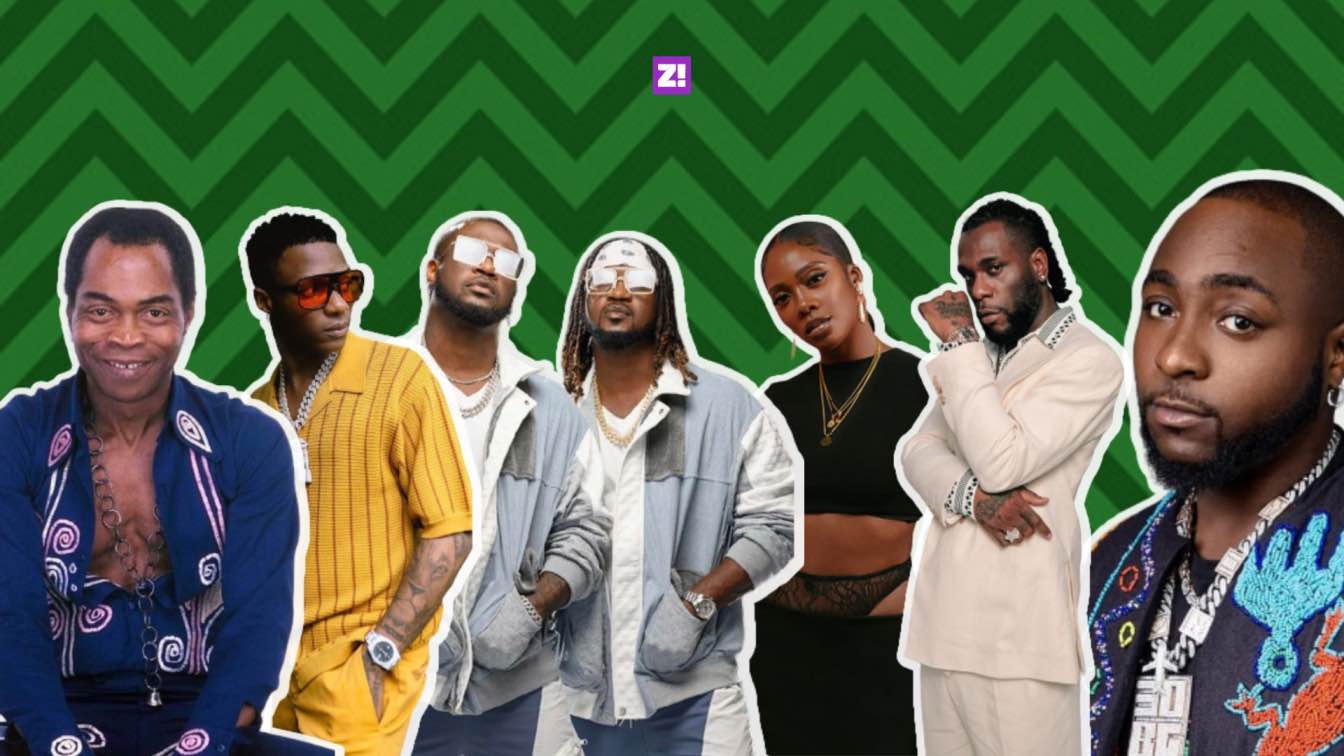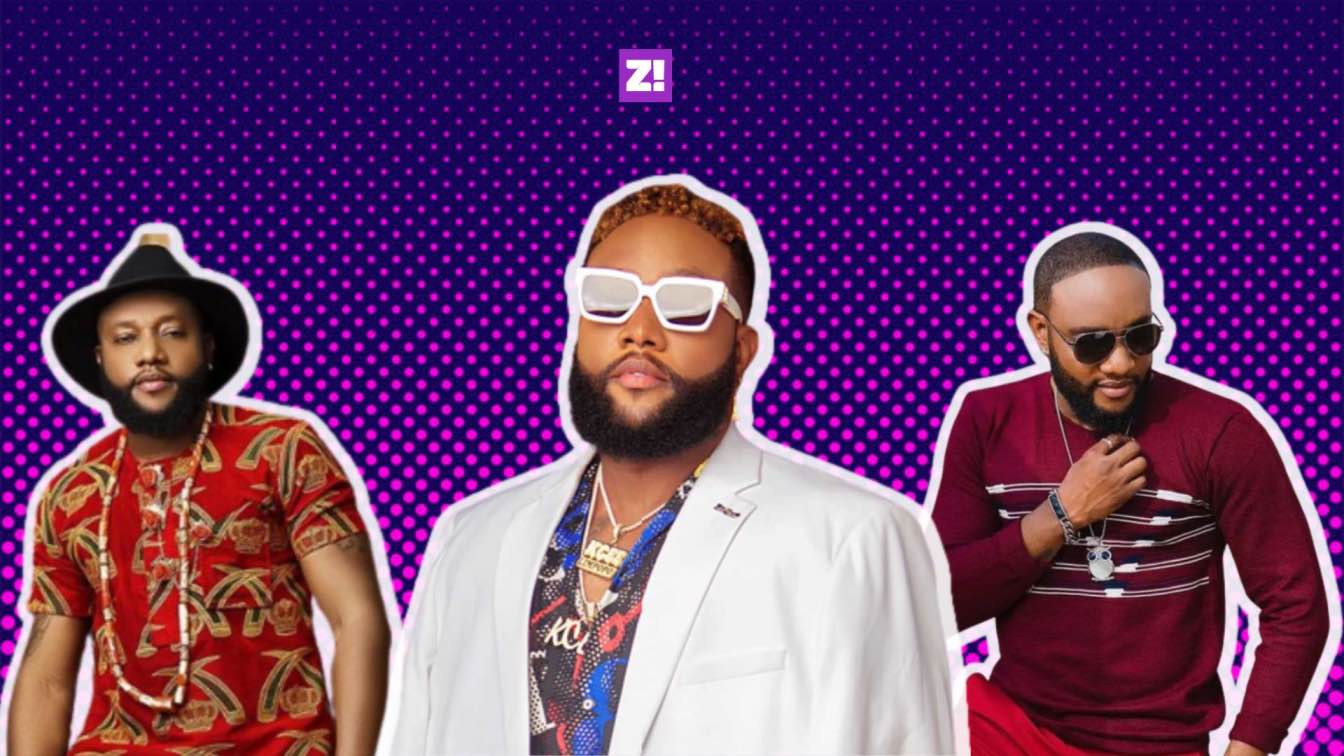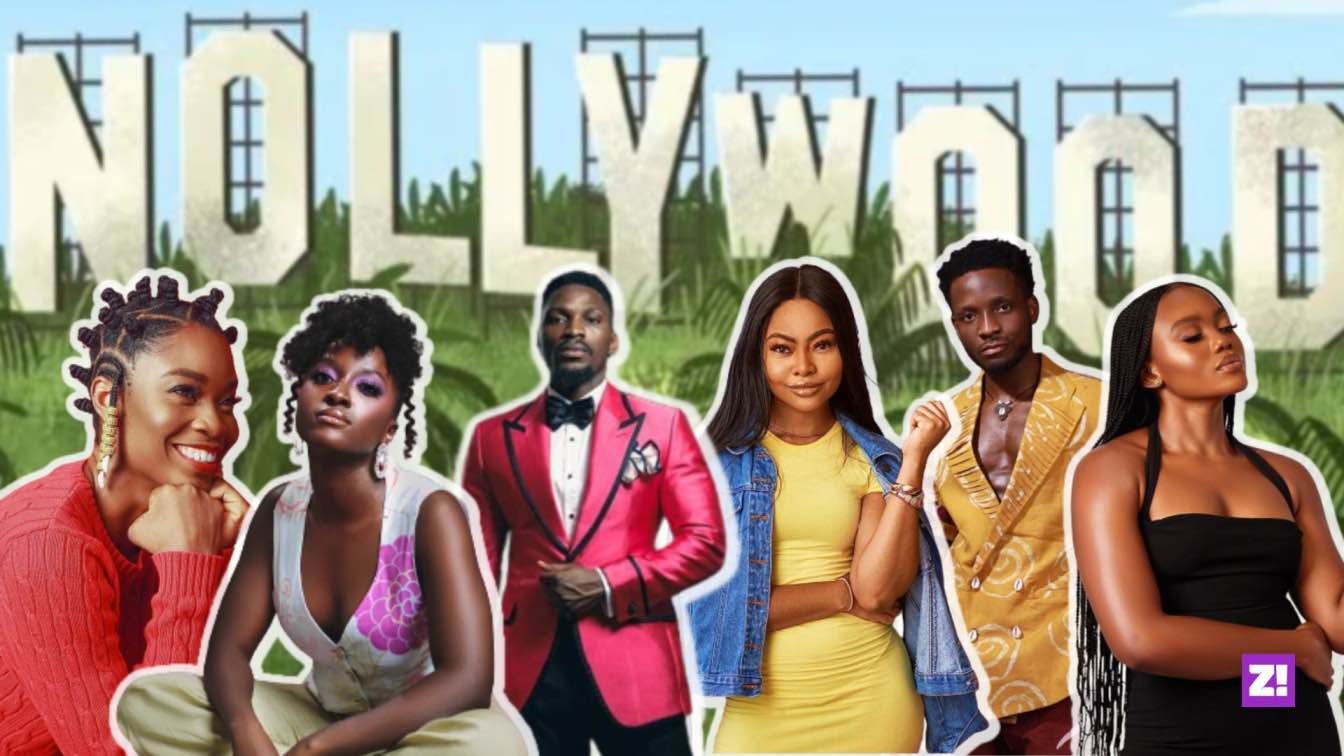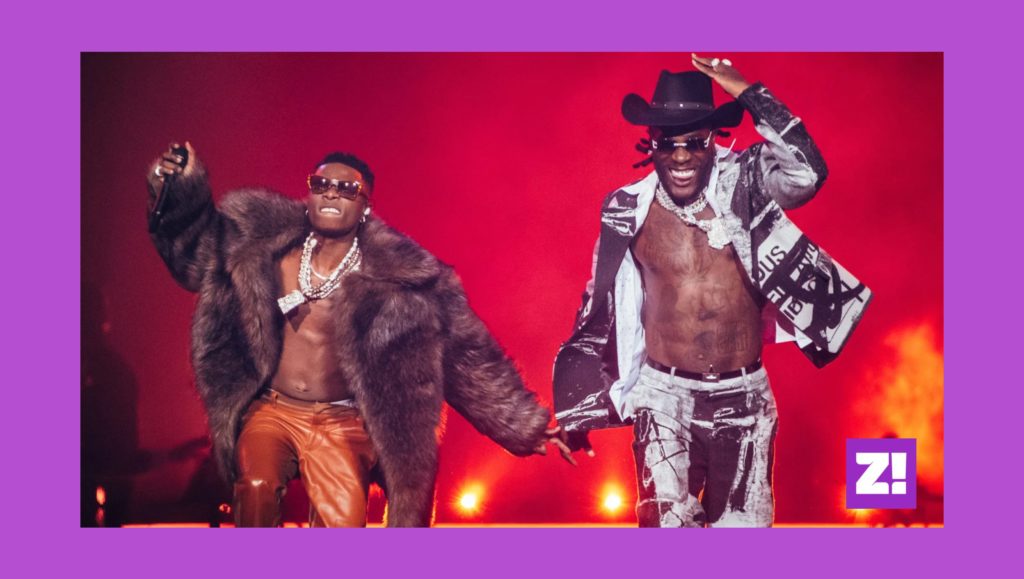
When 9ice sang, “Don’t doubt me, I go bring home Grammy,” on his 2007 hit song, Street Credibility, only three Nigerian artists — King Sunny Ade, Babatunde Olatunji and Femi Kuti — had ever been nominated for a Grammy and only one of them had won it, once. Now, almost 15 years after 9ice’s ambitious lyrics, Nigeria can boast of three more winners, with the 2022 Grammy Awards setting the stage for new additions to this list. Progress, right? Well, Nigeria’s relationship with the Grammys still has a long way to go.
At the tail end of 2021, the Recording Academy, known on the streets as the Grammys, announced its nominations lists, celebrating the previous year in music and the creatives that stood out. Popping up among names like Coldplay, Lady Gaga and Doja Cat were Nigerian acts: Burna Boy, Wizkid, Tems, Made Kuti, and his father, Femi Kuti.
Nigerian artistes on the 2022 Nomination‘s List
Scoring back-to-back nominations after a massive win in 2021, Burna Boy made an appearance on the nomination list this year for his collaboration with Angelique Kidjo in Do Yourself. After winning in 2021 for his appearance on Beyoncé’s Black is King, Wizkid finally earned lead artist Grammy nominations with Made in Lagos scoring Best Global Music Album, while his single, Essence, got nominated for Best Global Music Performance.
Meanwhile, Femi Kuti also got two nominations, one for his song Pà Pá Pà, and another for his collaborative album with his son Made Kuti, Legacy+.
RECOMMENDED: If ‘African Giant’ Couldn’t Win A Grammy, Which Nigerian Album Can?
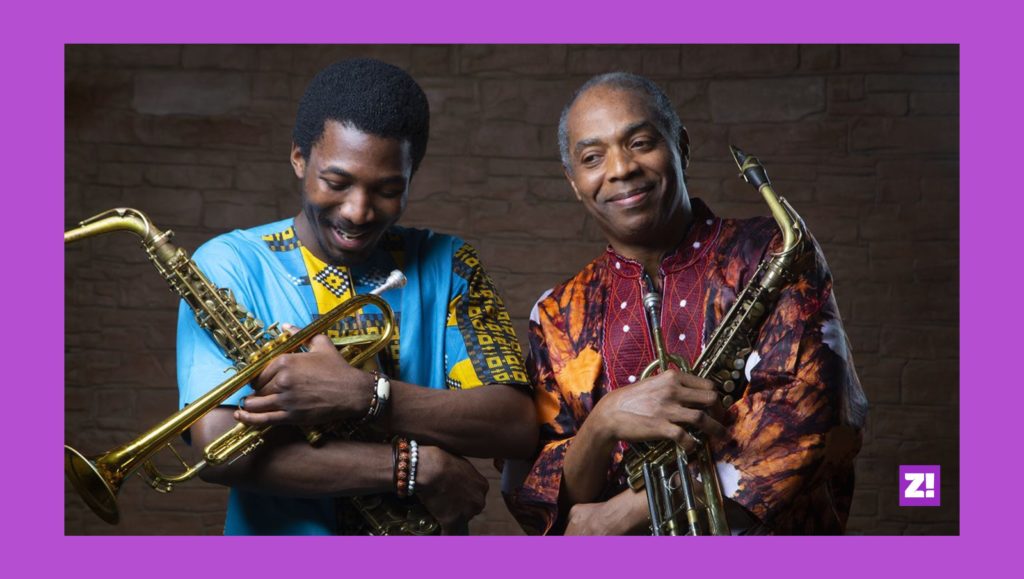
The Problem with the Grammy Awards
For the first time, multiple Nigerian artists scored Grammy nominations, and while that’s what celebrating, we can’t help but point out certain “commas” with not just this list, but with the Grammys as an institution.
It’s almost impossible to talk about music or entertainment culture from 2021 and not mention Wizkid’s mega record, Essence. Despite making its first appearance on his 2020 album, Made In Lagos, Essence was one of the biggest songs of 2021, reopening dancefloors around the world from Lagos to Miami. Cementing Wizkid’s status as a global superstar, Essence became the first song by a Nigerian artist to crack into the Billboard Hot 100 and the first by an African artist to make it to the Top 10. As if that wasn’t enough, Essence was also a social media anthem and the most Shazamed song in the US in August 2021.
Knowing the cultural impact and numbers Essence pulled off, one would assume this would be the Nigerian or African song to break out of the Grammys’ restrictive, “Global Music” categories, but nope, we work hard, but racism works harder.
We’re not the only ones who noticed this. Speaking in a recent interview, Insecure creator and record label owner, Issa Rae, shared the same thoughts about Essence, saying, “A song like Wizkid’s Essence — an absolute powerhouse — and yet not properly acknowledged by the institution that’s supposed to celebrate the best in music trips me out.”
Yes, Issa, we’re tripping too!
ALSO READ: The Guy Behind Wizkid’s Essence Video Breaks Down His Cinematography Style
Why Can’t We Be Happy About these Nominations? It’s Something After All
We’re glad you brought this up. While these nominations signal a step in the right direction, the Grammys aren’t moving fast enough. When you also consider that this institution has failed time and time again to reward the contributions of black artists to music — Beyoncé, Kendrick Lamar, Janet Jackson and Nicki Minaj — it makes it really hard to trust them.
We can walk and chew gum — we can be happy for the progress that has been made and still call out lethargic efforts by the Grammys at making the awards more inclusive — the fact that “urban music” is a category is still wild AF.
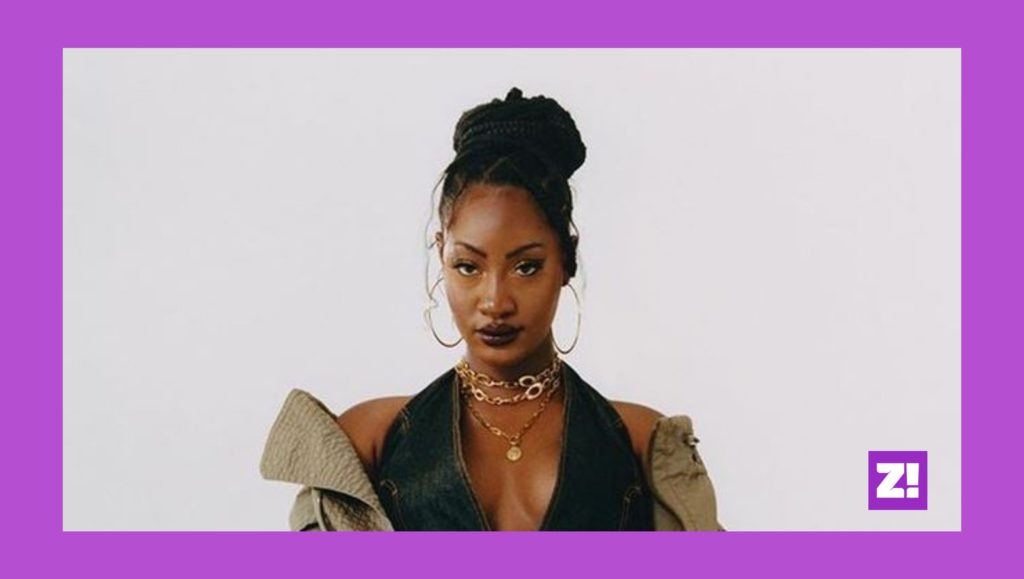
On Street Credibility, 9ice bragged about being known on the streets, and to be honest, it feels like that’s enough. Over the years, artists like The Weeknd, Frank Ocean and Drake have spoken about their decisions not to submit their music for Grammys’ consideration and so far, they’re still out here breaking chart records and selling out stadiums like it’s no man’s business. This makes us wonder, who really determines good music — a sole organisation or the multitude of fans around the world who love music, buy songs and stream them?

